Tidal Pools
Blog 323: Seascape Escape and Pics of Chicks
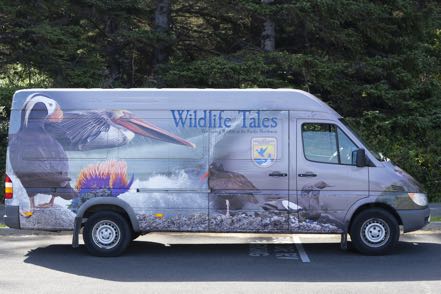
Simpson Reef
About a couple days a week we wheel the Wildlife Wagon over the curvy but picturesque 45-minute trek to the Simpson Reef overlook on Cape Arago, west and south of the fishing village of Charleston.
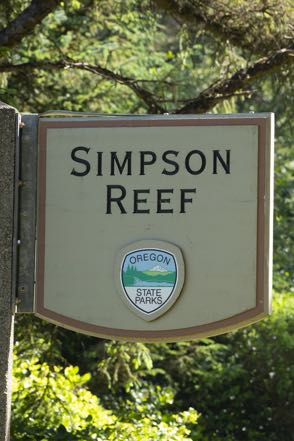
As you approach the overlook for the first time, you might have second thoughts as to where you are as your ears register a cacophony of barking, similar to what you hear in the parking lot of a Colorado dog park. Departing your vehicle, the sounds of breaking waves add to your hearing, and your eyes absorb the deep blues of the Pacific and the craggy greens and browns of the reef and the rocks. Here is what your naked eyes take in--a seascape vista worthy of any found in Hawaii or the Caribbean.
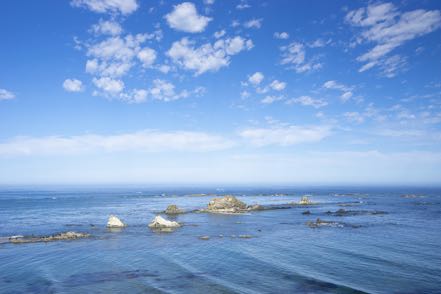
As you zoom, your visual intake narrows.
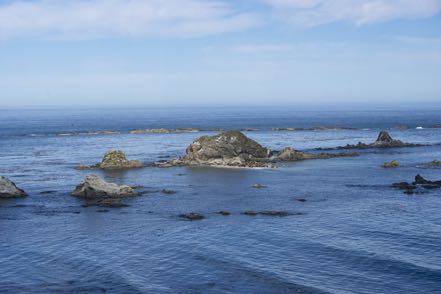
If you gaze through binoculars, a mass of marine mammals grabs your attention.
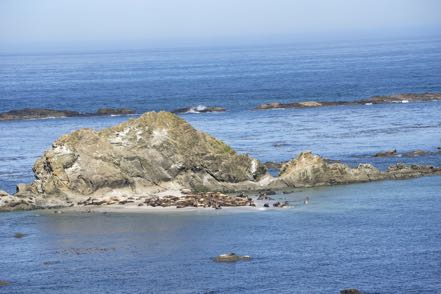
And as you look through a spotting scope you see a beach of brown and black blubber infused with grays and tans. Within the mix you find the always-cute harbor seals, the playful (and barking) California sea lions, the occasional roar of mighty Steller sea lions, and the massive elephant seals, easily mistaken for oversized sleeper sofas settling in the sand.
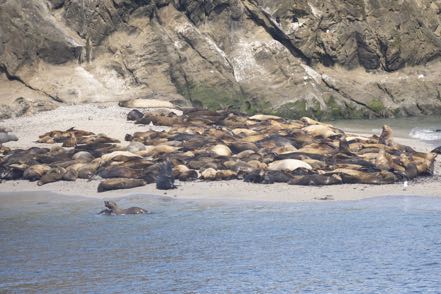
Lighthouses
Every 40 miles along the Oregon coast you will find a lighthouse (each lighthouse’s light shines for 20 miles). Here is the Cape Arago Lighthouse, close to Simpson Reef.
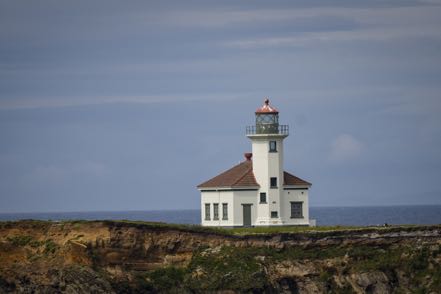
Black Oystercatchers
These awesome birds live year-round on rocks off the Pacific Ocean. All black with pale legs and eyes, they live on mussels, limpets, and other shellfish they pry from rocks with their bright red-orange, chisel-like bills. Their attention-getting voices are as loud and sharp as New York City cab drivers in heavy traffic. We are fortunate to have several pair near Coquille Point, as there are only about 500 individuals total on the Oregon coast.
Here is a female on her nest, the female with an egg, a male with a young chick and a pair of adults together, with the male heading out to gather food for the chick, and the female resting and roosting on the nest.
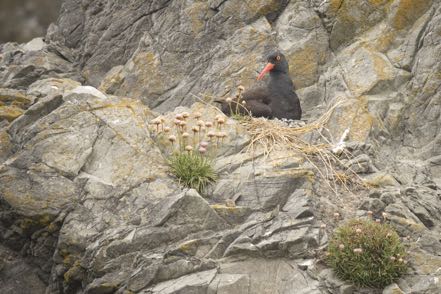
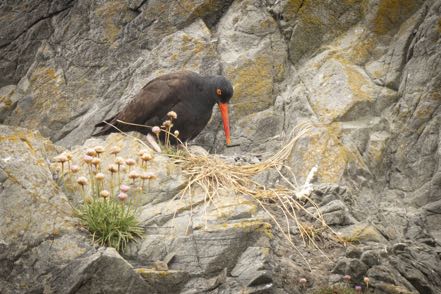
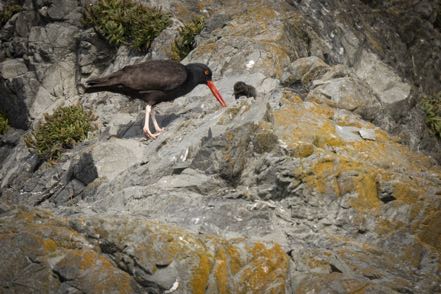
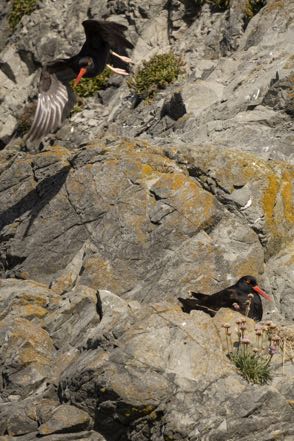
Tide Pooling
Low tides uncover lots of cool critters. Shown in order, here are green anemones, Staghorn seaweed, cheese sea lettuce, and Turkish washcloth, and mossy chiton.
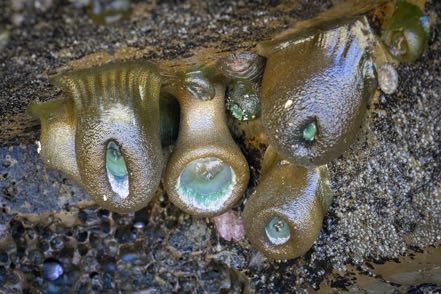
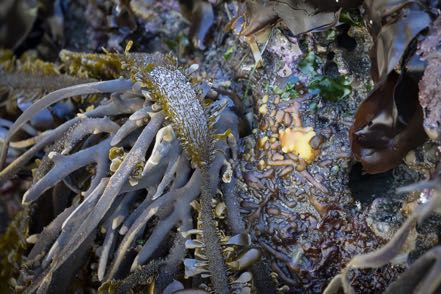
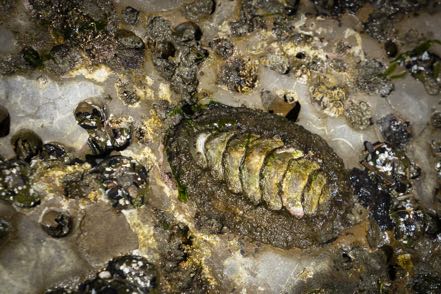
Western Gull Chicks
Gulls of all kinds get a bad rap and a bad rep. Look at these Western gull chicks and tell me they are not darling.
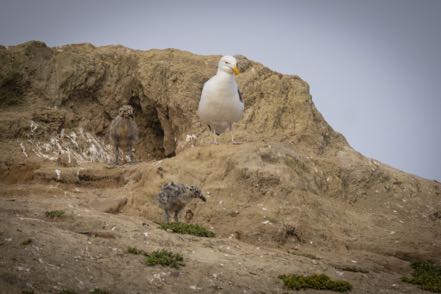
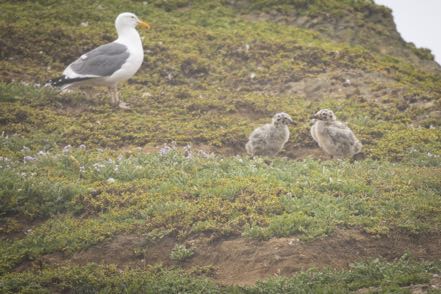
Old Trucks
Meet Amelia

Meet Brownie
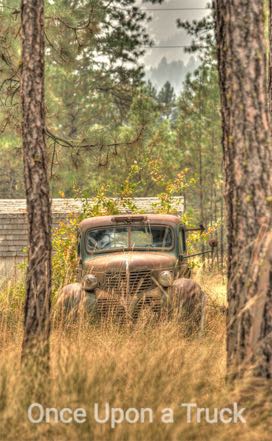
Check out www.onceuponatruck.com. Sign up for my What the Truck! blog, and get a sweet gal in your in-basket once a week.
See you soon.
